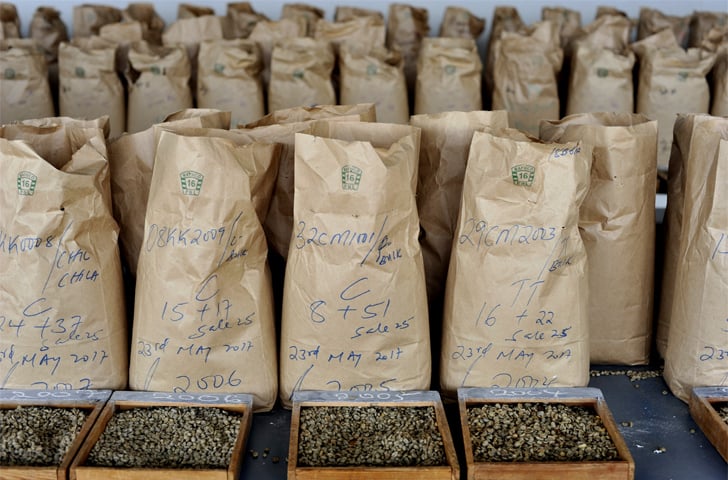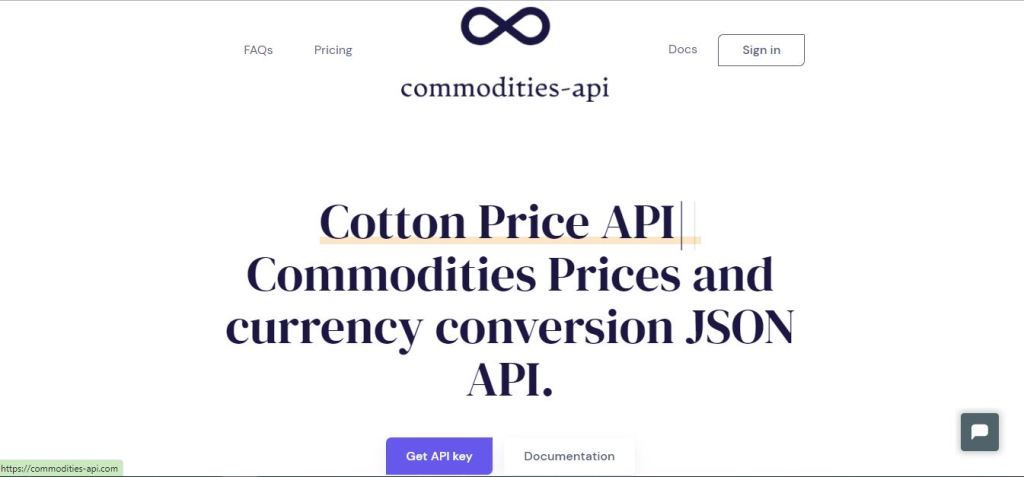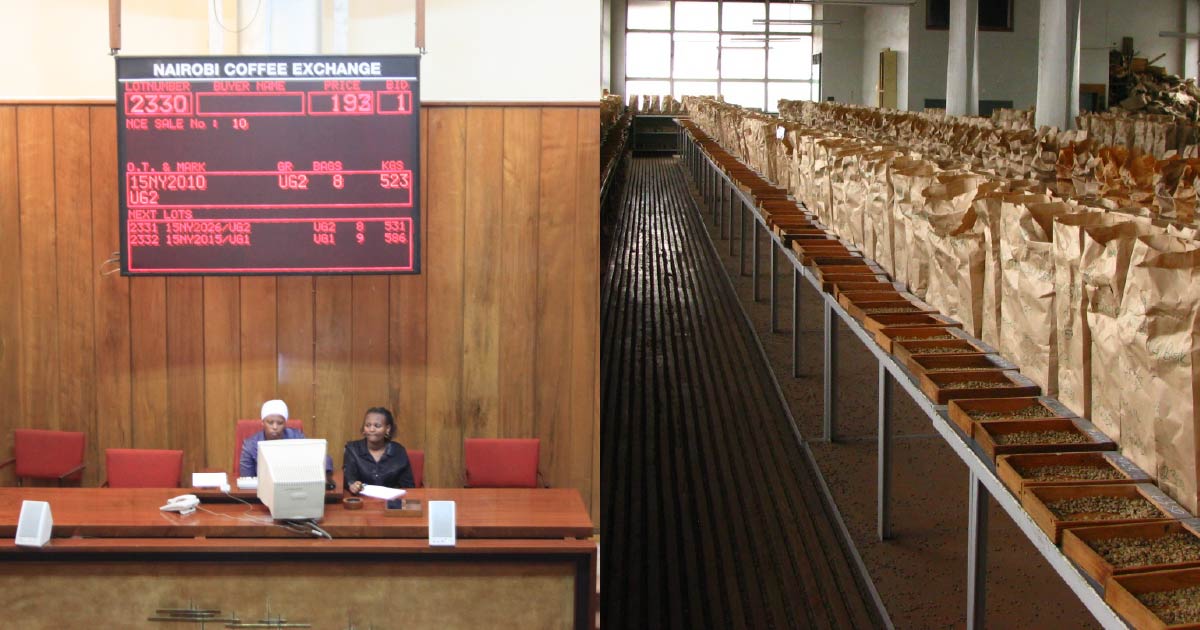Are you looking for a coffee rates API? Here we recommend one with Nairobi Coffee Exchange data.
The coffee market is very competitive. The International Coffee Organization Composite Indicator Price (CIP) for March was 194.78 US cents/lb 2022, a 7.6 percent decrease from the previous month and the end of a 17-month sequence of rises. Every coffee category had a decrease over the previous month, with Brazilian Naturals experiencing the greatest decrease of 9.4 percent. The average of the second and third positions in the New York futures market fell 9.4 percent from 245.38 US cents/lb in February 2022 to 222.44 US cents/lb in March 2022.

Arbitrage between the London and New York futures markets fell by 12.1 percent, from 144.81 US cents/lb in February to 127.23 US cents/lb in March 2022. The price difference between Colombian Milds and Other Milds has increased for the eighth consecutive month, reaching 27.33 US cents/lb in March 2022.
If you want to invest in this commodity or you work with it because you have a restaurant or a coffee place, for example, you must stay updated about the daily rates because they are so volatile, as you can see. Nevertheless, there are many sources in the network, so you need to acquire the most reliable sources. For the coffee market, you should collect Nairobi Coffee Exchange data.
What Is Nairobi Coffee Exchange?
The Nairobi Coffee Exchange (NCE) is Kenya’s principal coffee auction and trade floor. Following the passing of the coffee industry regulation of 1933, the Coffee Board of Kenya was constituted as a statutory entity in 1934. Since its establishment, the Board has been tasked with the regulation and marketing of coffee. Kenyan coffee auctions were founded in 1934 and formed in 1935 to improve quality assessment through grading.
Before the coffee industry’s deregulation, the CBK operated as both a regulator and the exclusive marketing agent for all coffee in Kenya. Kenya Coffee Auctions Limited ran the NCE (Nairobi Coffee Exchange) at the time, the organization formed under the Coffee Rules to market coffee (KCA).
The Exchange is overseen by a Management Committee of 9 (nine) members, which includes 5 Producers, 2 Traders, 1 Representative of Commercial Millers & Marketing Agents, and 1 Directorate member. The Nairobi Coffee Exchange is owned in trust for the coffee industry by the Regulator (i.e. the Directorate), who has overall authority over its activities. The NCE’s activities are funded by the group members: trade and producers through their respective marketing agents, with an auction levy, levied as defined by the Exchange Committee from time to time.
To obtain information from this source it is necessary to use an API. It’s an interface that allows two or more devices to transfer data between them. There are many of them in the network but not all of them are free, send the same information, and work in the same way. To have the best tool to invest in coffee, we recommend Commodities-API.

Why Commodities-API?
To start, keep in mind that this API may give real-time commodities data via APIs with an accuracy of two decimal points and a pace of up to one second each second. In other terms, the price might change every 1 minute. Among the services offered are exchange rates for nearly every commodity (including maize, wheat, soybeans, rice, and, of course, ethane), individual currency conversion, time-series data output, and volatility statistics.
To assure the reliability of the results supplied, this service depends on 15 trusted data sources. Businesses of international exposure, such as Metex, Mansour, and Injective Protocol, are among its frequent clientele.

